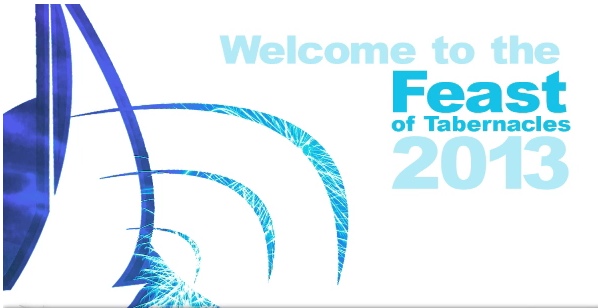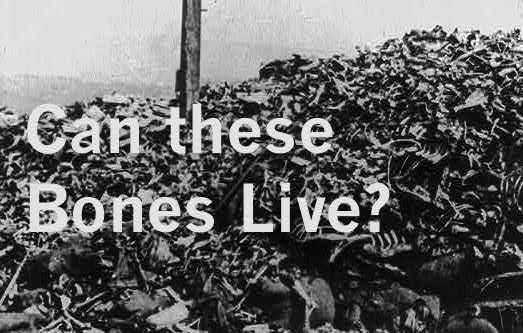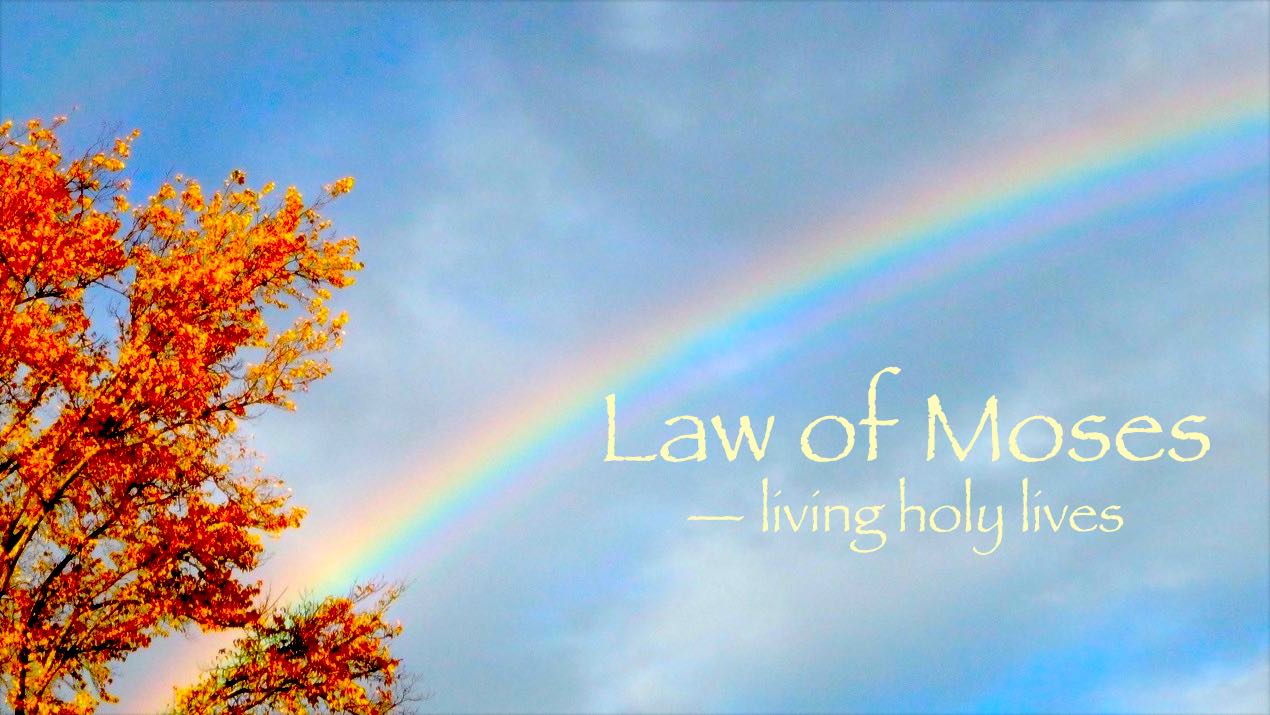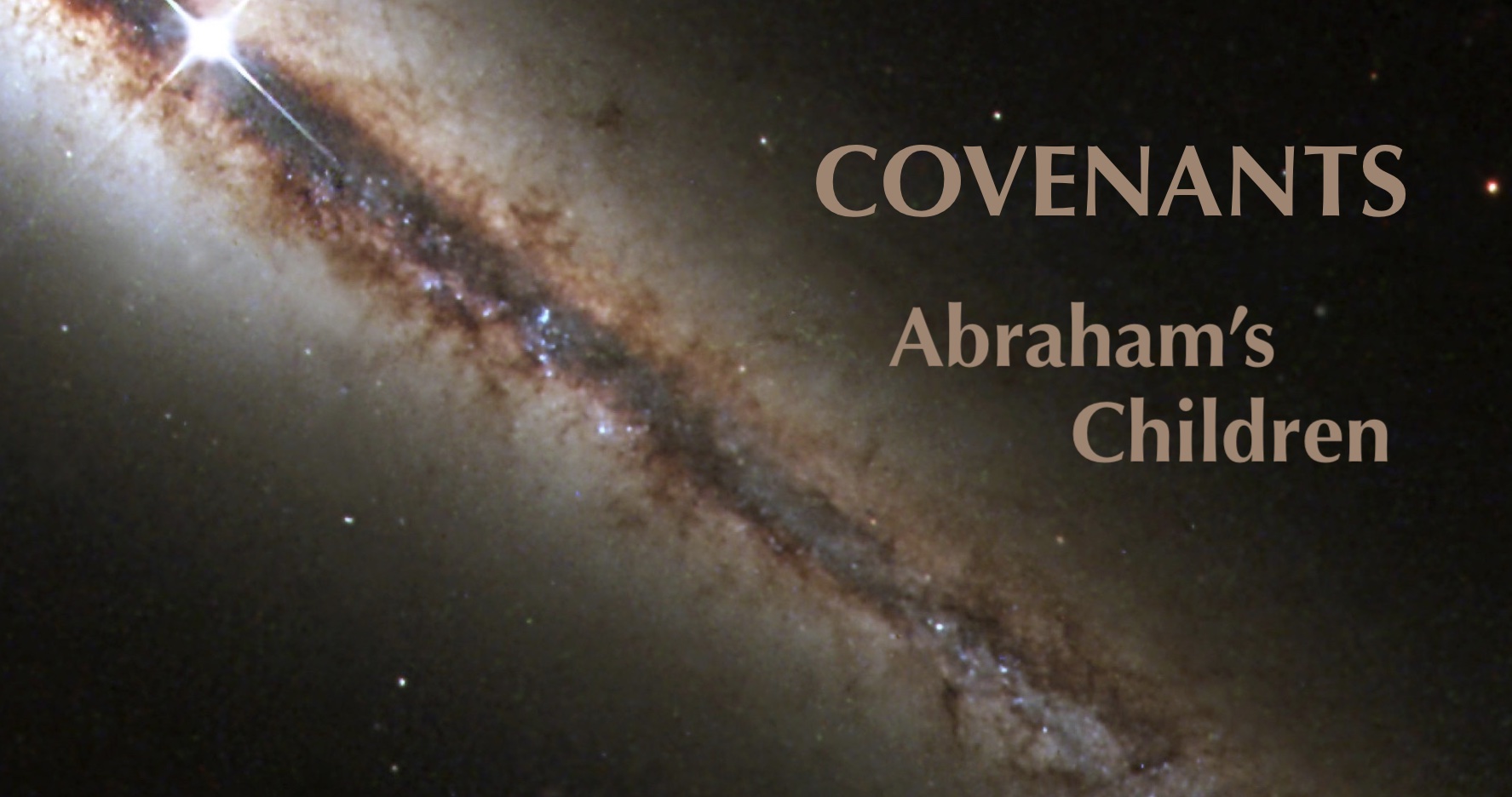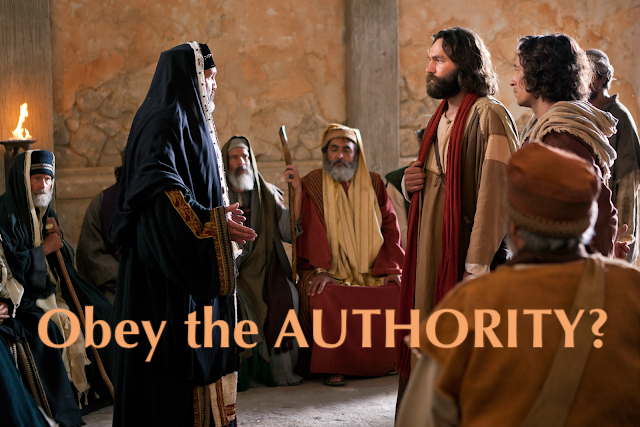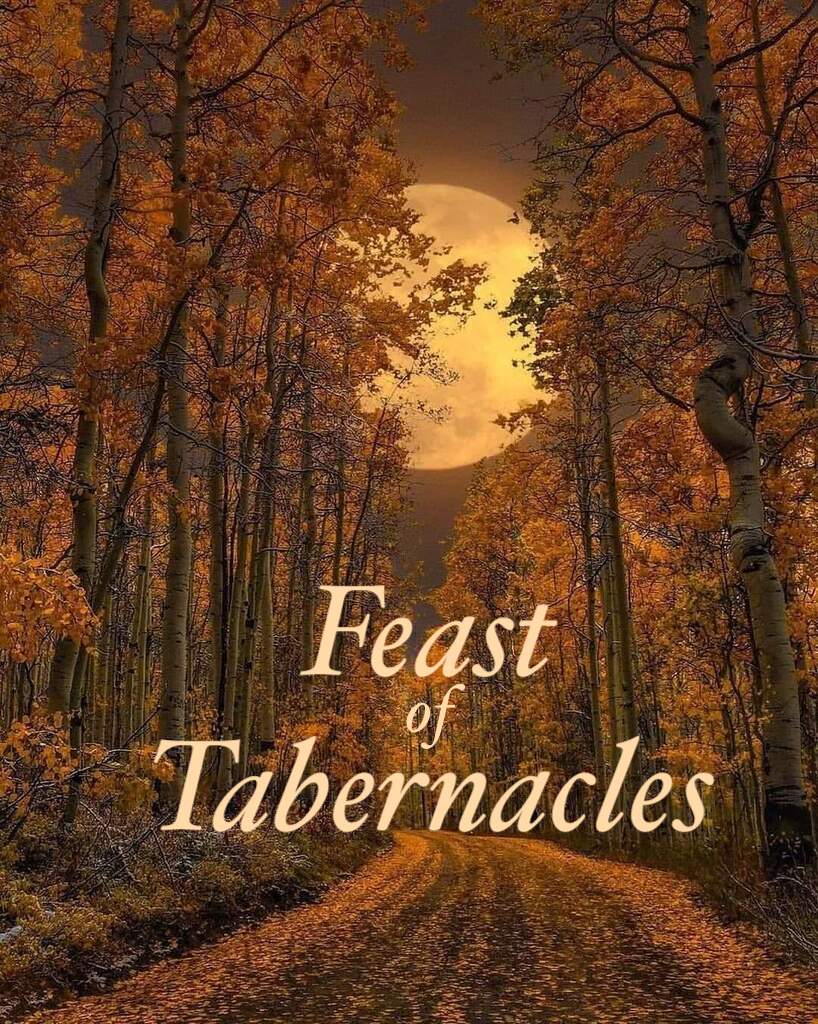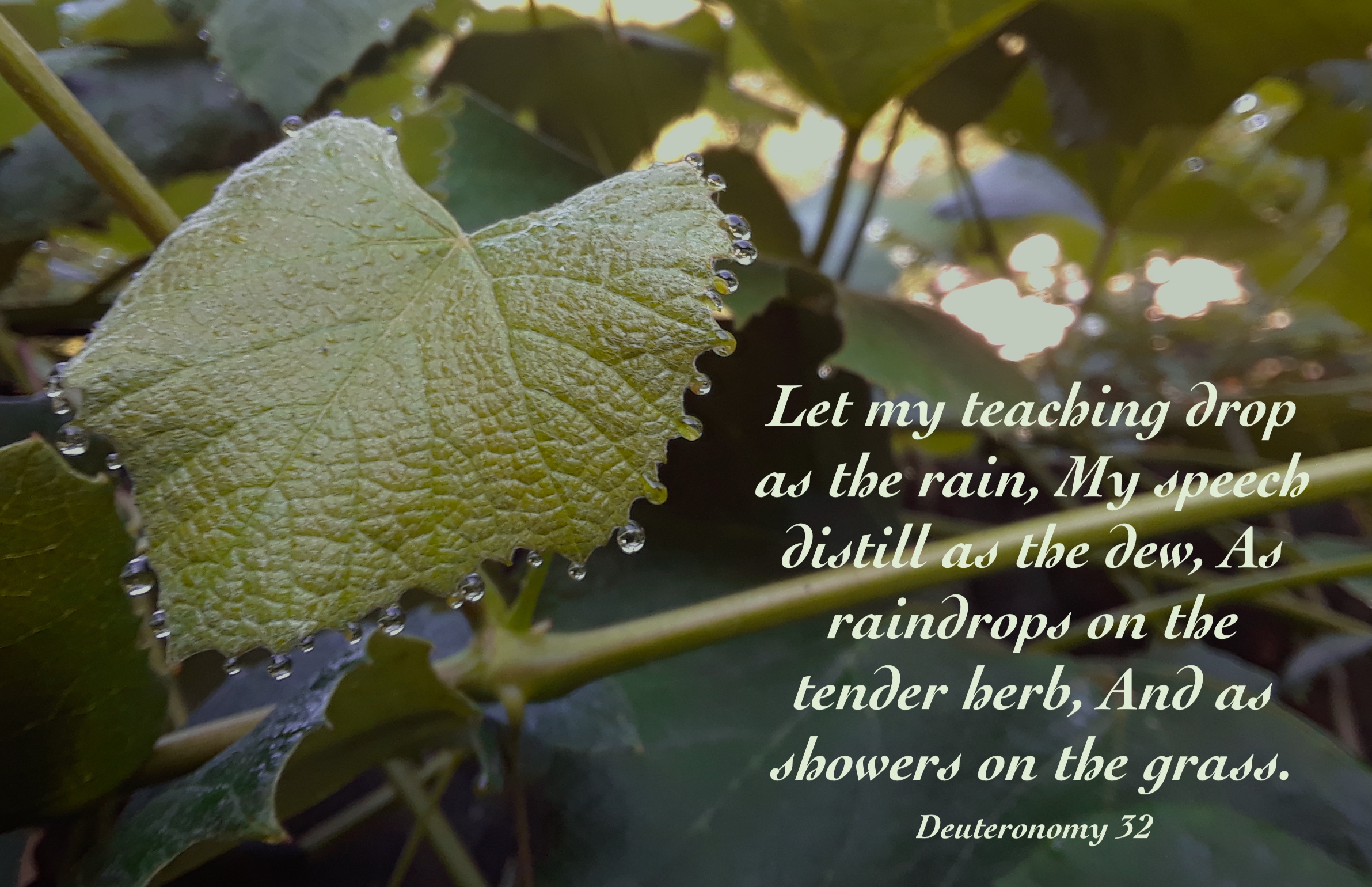 Atonement and Free Will
Atonement and Free Will
In Israel, on Yom Kippur, the Day of Atonement, 60% of the people were fasting this year. They were remembering Moses instructions to the people of Israel as they were about to enter the promised land. This was a time when the nation had recommitted themselves to their covenant with the Lord God. They promised to love and obey their Lord. They had been given the blessing of free will, and the Lord had told them to choose life by keeping his commandments. Including the instructions for observing the annual Holy Days, like the Day of Atonement. Unfortunately, the history of Israel was such that they often strayed from God and his ways. And they reaped the consequences.
Are We Tempting God?
David’s Psalms recount the fluctuating loyalties of the people. The Lord had said that he would put the people to the test to see if they would keep his ways … or not. Each generation had the duty to pass on God’s teachings and all the lessons from the past. This was to encourage their children to be faithful and set their hope in the Lord God. Why? It was only the Lord God, their Rock, who could ransom them from slavery, redeem them, and heal them. Amazingly, the Jews of Jesus’ day rejected and despise him, though he was “the Rock.” They witnessed Christ’s miracles of healing, and the power and authority he exercised to even raise the dead. Yet, they could not believe their Lord could become a man, their Messiah. They could not accept his atoning sacrifice.
The Messiah’s Atonement Sacrifice
The Messiah was that chief cornerstone in the temple of God the Father. He was the one the builders rejected. But as scripture affirms, “There is salvation in no one else, and no other name by which we must be saved.” He was the atonement that renews us to right standing before God the Father. When we sin, falling short of God’s perfection, and repent the Lord, Jesus Christ, offers redemption. Christ willingly offered himself as our atonement sacrifice. And as the Creator of all, his sacrifice is the only fitting atonement that all might be redeemed.
Christ the Rock, Our Redeemer
So, are we learning form our history? Are we willing to accept our Messiah, and his atoning sacrifice? Paul recounted the history of Israel in the wilderness. He explained that their story was for our benefit. They had tempted Christ, the Rock, who had led them in the wilderness. By choosing greed, idolatry, and immorality, over the Lord’s values, they had put the Lord’s patience to the test. We too, can fall prey to temptation. So, Paul asks us to consider the example of our ancestors as a warning to avoid sin and choose life. He also reminds us to consider God’s compassion and loyalty, as he has made a way of escape. We need not be crushed by the burden of our sin. For, through Christ’s atoning sacrifice we can be forgiven past sins, and through his spirit we can overcome every new obstacle.
An Unpardonable Sin?
But is there a time when there is no longer an atonement for sin? Is there an unpardonable sin? The scripture speaks of Esau’s example of callously discarding his birthright for a quick meal, and then being unable to undo the damage that had been done. His tears were not tears of repentance but of worldly sorrow. He was consumed by bitterness and hatred to the point of plotting to kill his brother. Esau did not repent of having despised his birthright, God’s promises, and a covenant relationship with the Lord God. He did not have a change of heart. On the other hand, we have all sinned. And yet, the Lord is willing to cleanse us of all those sins. But we must first repent, have a change of heart, and confess our need for his atoning sacrifice.
A Future Day of Atonement
Christians fast on the day of Atonement because they recognize the need for Christ’s atoning sacrifice. They also have a view of the future when all people, will come to know the Lord God, their Messiah. When the Lord returns in power, all nations will have an opportunity that they do not have now. At the moment most people are like Esau. Very few know or love God and keep his commandments. They are unwilling to see their sin, and admit their errors. They blame others for the negative consequences of their own life choices. And yet there will come a time envisioned by the Day of Atonement, when all people will have an opportunity to know the Lord. At that time many will repent of their evil deeds, be cleansed, and the Lord God will heal them.
Learn more about the Day of Atonement
You may have missed it this year, but you can prepare for Atonement 2020.

